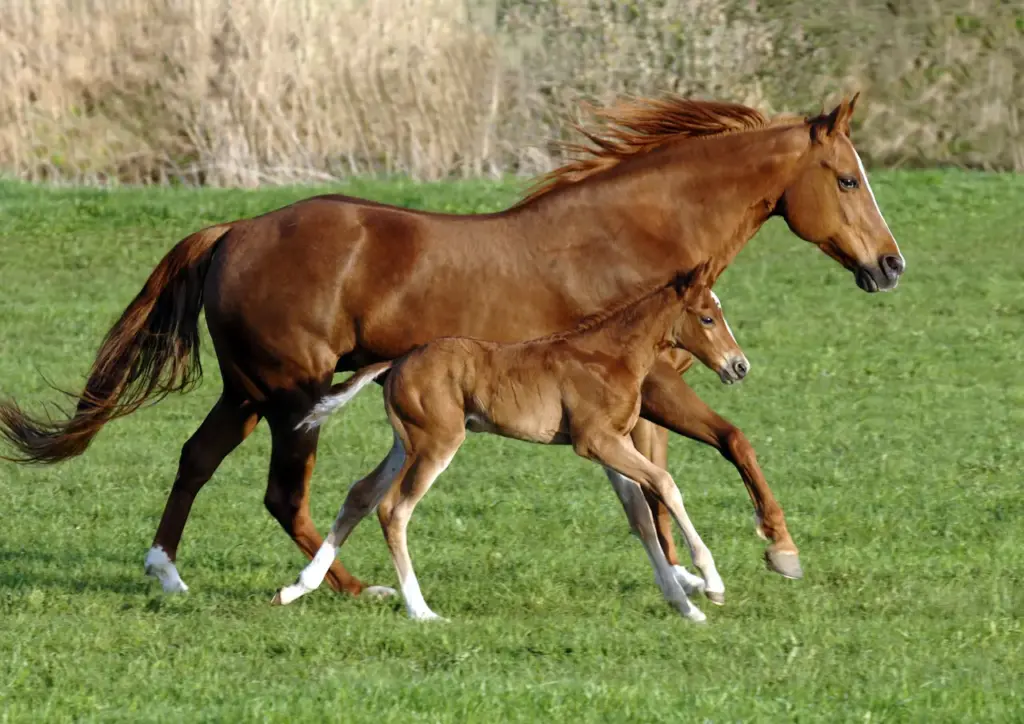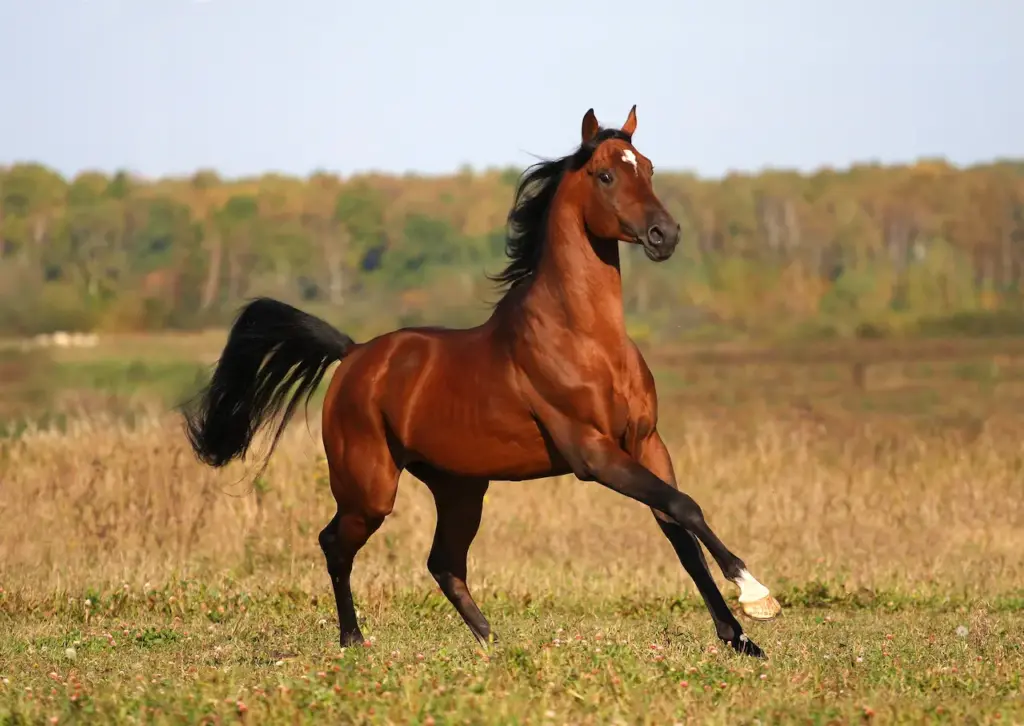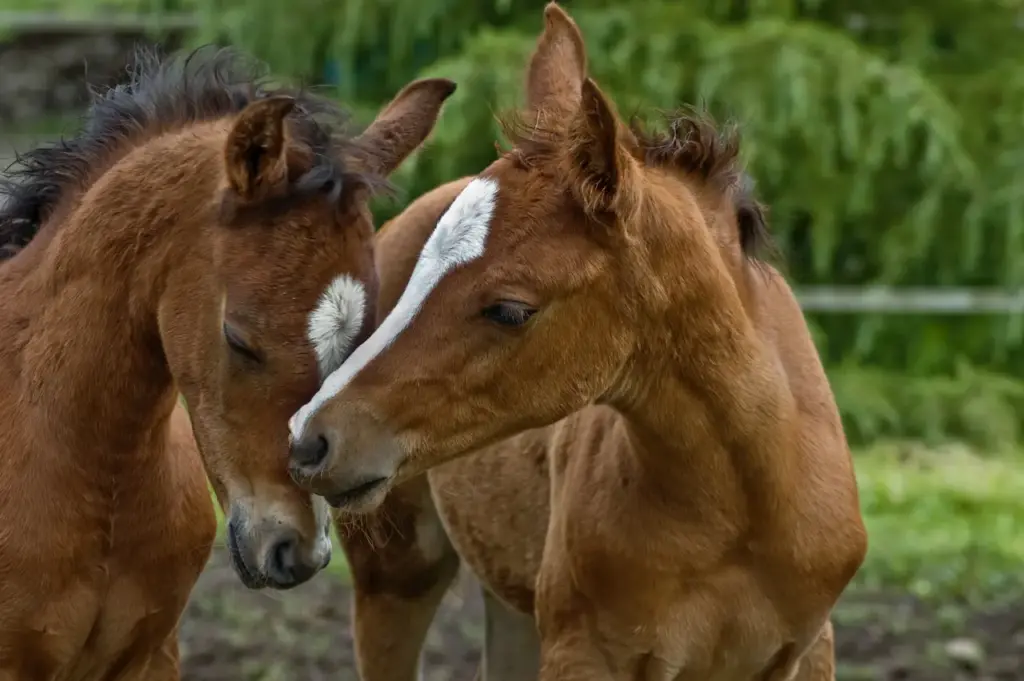What Eats A Horse?
Categories
- Accipitridae (1)
- Acrididae (1)
- Algae (2)
- Alligatoridae (1)
- Amoebidae (1)
- Amphibians (3)
- Anatidae (1)
- Anguillidae (1)
- Arachnids (2)
- Bears (2)
- Big Cats (3)
- Birds (13)
- Bovidae (5)
- Bufonidae (1)
- Camelids (1)
- Cameras (1)
- Canines (13)
- Caridea (1)
- Carnivora (10)
- Castoridae (1)
- Cats (5)
- Cebidae (1)
- Cephalopod (1)
- Cervidae (2)
- Cetacean (1)
- Chondrichthyes (1)
- Crocodilia (2)
- Crustaceans (4)
- Culicidae (1)
- Cyaneidae (1)
- Dasypodidae (1)
- Dasyurids (1)
- Deer (1)
- Delphinidae (1)
- Desktop (1)
- Didelphidae (1)
- Dinosaurs (1)
- Dogs (13)
- Dolphins (2)
- Echinoderms (1)
- Education (10)
- Elephantidae (1)
- Equine (1)
- Erethizontidae (1)
- Erinaceidae (1)
- Farming (1)
- Felidae (5)
- Fish (5)
- Food Chain (31)
- Food Web (2)
- Formicidae (1)
- Frugivore (1)
- Gaming (1)
- Gastropods (1)
- Giraffids (1)
- Great Apes (2)
- Health Conditions (3)
- Herbivore (4)
- Hi-Fi (1)
- Hippopotamidae (1)
- Hominidae (1)
- Insects (11)
- Invertebrates (2)
- Keyboards (1)
- Laptops (1)
- Leporidae (1)
- Mammals (23)
- Marsupials (4)
- Mephitidae (1)
- Microchiroptera (1)
- Mollusks (2)
- Mongoose (1)
- Muridae (1)
- Nocturnal Animals (1)
- Odobenidae (1)
- Omnivore (2)
- Phasianidae (1)
- Phocidae (1)
- Plankton (1)
- Plants (2)
- Primate (1)
- Ranidae (1)
- Reptiles (7)
- Rhinocerotidae (1)
- Rodents (5)
- Salamandridae (1)
- Scarabaeidae (1)
- Sciuridae (2)
- Sharks (1)
- Shellfish (1)
- Sound (1)
- Spheniscidae (1)
- Suidae (1)
- Superfamily Papilionoidea (1)
- Theraphosidae (1)
- What Eats (5)
Introduction
In groups, horses feel safer and are prepared to fight or run from any uncomfortable scenario. Many horses have had their owners and ranchers safeguard them ever since they were domesticated. Horse owners protect their animals by using security systems and guard animals to defend the barn. Horses are still susceptible to attacks by predators and wild animals.
There are complex interactions between species in every ecosystem; to put it simply, some species devour others. While certain creatures are classified as prey, others are classified as predators and are eaten by them.
Numerous creatures hunt and murder horses. True, some predators are strong and courageous enough to assault a horse when it is famished, as the saying goes, “hungry enough to eat a horse.”Equine senses are highly developed, and because of their flight response, horses can detect predator activity quickly.
Any encounter that even slightly frightens them, they immediately duck and run. They never choose to fight the predator; they always choose to run. Here are the animals that eat horses.
Table of Contents
Toggle1. Wolves
Because wild horses are so large, wolves do not waste their time seeking them; yet, when the right moment comes, they will attack the enormous animal. Elk, deer, horses, and other big game are all preyed upon by wolves. They are proficient and wise pack hunters that prowl the open spaces in search of frail, diseased, or wounded prey.
Wolves search for food by travelling great distances in packs and engaging in systematic hunting. Most farms and ranches experience animal losses due to wolves. Ezoic wolves hunt large prey when the chance presents itself. There is some danger to the wild horse population from wolves.
When wolves discover a domestic horse by itself in the paddock, they attack it. When they search for an elderly or sick horse that is unable to flee or fight, the wolves typically attack them.
They are nimble and skilled hunters who can take down big game. They are unstoppable when hunting in packs.
2. Mountain Lions
The mountain lion is another fatal predator of horses. Often referred to as cougars, they can defeat prey that is many times larger than themselves. The montane, coniferous woods, lowland tropical forests, marshes, grasslands, and dry scrub country are the preferred habitats for mountain lions.
They can readily attack prey because of their height advantage. Although equines prefer the vast spaces of meadows and prairies, mountain lions are still capable of hunting large game.
When the prey is close, the Puma can sneak up on them unobserved and launch an instant attack.
A mountain lion finds it easier to hunt a lone young horse or foal. A defenseless horse would be helpless against Puma’s cunning hunting techniques. These agile hunters can run and leap long distances as they pursue their prey. The two main predators that present a significant risk to the horse population are wolves and mountain lions.
3. Bears
Grizzly bears are among the largest carnivores and are fierce and heavy. Bears would not turn down the chance to assault and kill a horse, even if they would much rather pursue smaller game. When they are very hungry or desperate, they often attack horses.
Sometimes, grizzlies prey on horses because, despite their size, horses are not simpler to handle. To strike, kill, and move the bulk requires a great deal of work and energy. They therefore do not typically pursue an adult horse that is in good health; but, should they come upon a sick or damaged horse, they would seize the chance to devour the horse’s flesh.
Over short distances, grizzlies can outpace horses, but they are not able to maintain the same speed for very long.
Because they might quickly flee, this is one of the reasons bears typically avoid hunting wild horses. Bears can pose a serious threat to domestic horses and livestock that are kept in isolation.
4. Coyotes
Despite being smaller than wolves, coyotes are just as smart and proficient hunters. Coyotes don’t hunt horses unless they see a good opportunity. Coyotes would not pass up the opportunity to kill an animal as large as a horse if they came across a defenceless horse while travelling.
Small creatures such as birds, rabbits, squirrels, and other animals are typically the targets of coyotes. These astute pack hunters typically avoid engaging in combat if they feel they have no chance of winning.
Coyotes cannot survive on horses because they are too large, and they risk serious harm when they attack a mature, healthy horse. A young, ill, injured, or elderly horse will attract the attention of a group of coyotes that are ravenous and desperate, and they will attack right away. The horse can only be pursued and brought down by a band of coyotes. Still, one coyote could not do the hunting task by itself.
5. Alligators
The majority of horse owners will be surprised to learn that alligators are among the horse’s predators. On rare occasions, when it is simpler to tackle larger animals, they may attack horses. Black bears, bison, wild horses, and alligators can be found on most grasslands. Alligators typically eat fish, birds, and small mammals to satiate their appetites.
While they mostly target small animals, they also occasionally hunt cattle and horses.
When in the water, alligators are extremely proficient and lethal hunters. With nowhere to flee, horses swimming in the water would be defenceless against the alligators.
After a few lethal bites, the task is completed. Horses attacked by alligators in the water are nearly impossible to save. Swimming or taking long baths in alligator-infested places can be extremely dangerous since it might put one’s life in danger.
6. Feral Dogs
Ranchers and farm owners claim that losses of cattle are caused by packs of feral dogs. Compared to wolves and coyotes, feral or hybrid dogs typically form packs and are more lethal, hostile, and fearless. They do not hesitate to engage in combat with animals that are twice their size. They usually pose problems for horses, cattle, and other domestic animals.
Herds of wild horses can be pursued and outran by a pack of dogs, resulting in harm and, eventually, death. New hybrids are produced when domesticated dogs mate with wolves and coyotes.
It’s common to refer to these hybrids as “wolfdogs” and “coydogs.” They can cause problems for a herd of wild horses and do not behave logically or follow their behavioural traits. Although these hybrid dogs can be extremely hazardous, it is uncommon for horses and dogs to collide or come into contact.
Farmers and cattle ranchers need to be aware of these deadly canines since they feed on domesticated animals.

Two Horses Running on Green Grassy Field
Conclusion
Horses have few natural predators because they are such huge animals. The top three natural predators of horses are mountain lions, bears, and wolves; nevertheless, all three of these creatures favour simpler prey. Although there is a possibility that your horse will be attacked by other predators, the likelihood is far lower.
Even though an attack on your horse is improbable, it’s wise to always have a plan of action in case something goes wrong. To receive medical assistance in the event of an assault, make sure the veterinarian for your horse is on call. In particular, if you reside in an area where recognized predators are frequently present, you should have a game plan.


